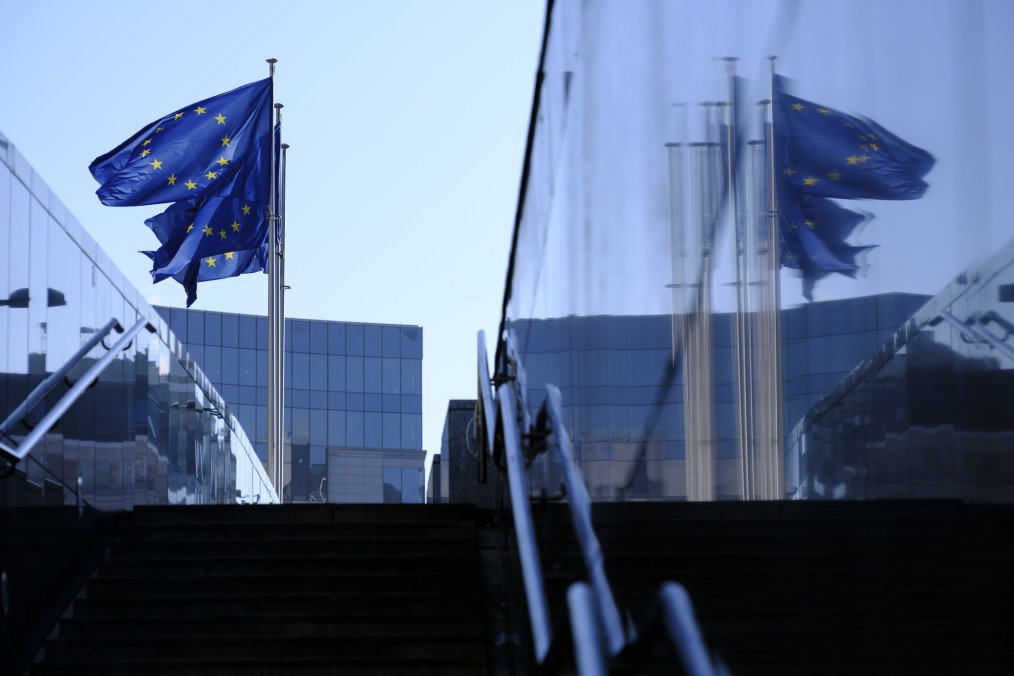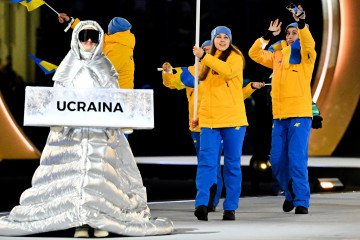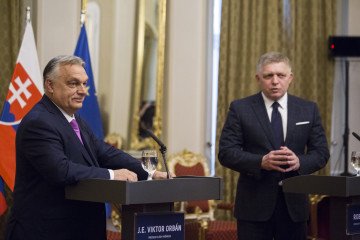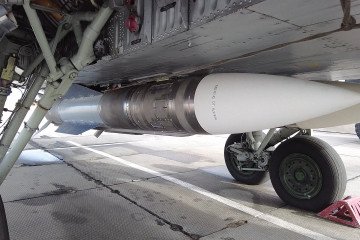- Category
- Latest news
EU Implements Tough Sanction Package Targeting Russia’s War Infrastructure

In the third year of Russia’s full-scale invasion of Ukraine, the European Union has adopted its 16th package of sanctions against Moscow, targeting key sectors of the Russian economy, the European Council announced on February 24.
“For three years now, Russia has relentlessly bombed Ukraine, attempting to steal land that isn’t theirs to take. This new round of sanctions not only targets the Russian shadow fleet but those who support the operation of unsafe oil tankers, videogame controllers used to pilot drones, banks used to circumvent our sanctions, and propaganda outlets used to spout lies,” said Kaja Kallas, the EU’s High Representative for Foreign Affairs and Security Policy.
The sanctions package introduces 83 new measures against 48 individuals and 35 organizations accused of undermining Ukraine’s territorial integrity, sovereignty, and independence. It also expands the EU’s ability to impose restrictions on those who own or operate vessels within Russia’s so-called “shadow fleet” and on entities that support the country’s military-industrial sector.
Shadow Fleet
The EU has added 74 third-country vessels to its sanctions list, bringing the total to 153. These ships are accused of evading oil price caps, transporting military equipment, and facilitating Russia’s energy exports.
Finance and Banking
For the first time, the EU has banned transactions with financial institutions based outside Russia that use the Financial Messaging System (FMS) of the Russian Central Bank. Additionally, 13 Russian banks have been disconnected from the SWIFT payment system.
Trade and Industry
The latest restrictions target 53 entities accused of supplying Russia’s military-industrial complex. While a third of these entities are Russian, others are based in China, India, Kazakhstan, Singapore, the UAE, and Uzbekistan. The sanctions also expand the list of restricted goods, including chemical precursors, software for CNC machines, chromium compounds, and UAV controllers. Additional restrictions have been imposed on the export of chemicals, plastics, and rubber, as well as on the import of Russian aluminum.
Media and Broadcasting
The EU has suspended broadcasting licenses for eight Russian media outlets, citing their role in supporting Russia’s war efforts and destabilizing European countries. The banned outlets include EADaily, Fondsk, Lenta, NewsFront, RuBaltic, SouthFront, Strategic Culture Foundation, and Krasnaya Zvezda.
Transport and Infrastructure
The EU has prohibited transactions with specific Russian ports and airports involved in transferring drones, missiles, and military components. New measures also extend the flight ban to air carriers that operate domestic routes within Russia or export aviation-related goods to Russian airlines. Additionally, the EU has tightened restrictions on road transport by prohibiting ownership changes that could increase Russian stakes in European transport companies above 25%.
Energy
The sanctions impose further restrictions on Russia’s oil and gas sector, including a ban on software exports related to exploration and production. The measures also prohibit services for temporary storage of Russian oil within the EU and restrict supplies for crude oil projects such as the Vostok Oil initiative.
Belarus
The package includes additional measures against Belarus, aligning its trade restrictions with those imposed on Russia. It also expands the EU’s ability to sanction individuals and entities linked to Belarus’s military-industrial complex.
The EU’s previous sanctions package, adopted in late 2024, targeted Russia’s shadow fleet and energy sector, affecting 54 individuals and 30 organizations across Russia, China, and North Korea. According to Politico, Hungary agreed to the latest sanctions only after securing concessions in the final stages of negotiations.
Earlier, it was reported the EU spent more on Russian fossil fuels than on financial aid to Ukraine.
-554f0711f15a880af68b2550a739eee4.jpg)

-72b63a4e0c8c475ad81fe3eed3f63729.jpeg)





